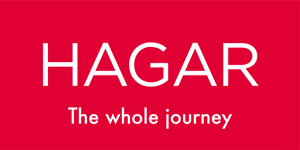A Childhood Without Family
When Anchaly (not her real name) heard her newborn’s first cry, she told the doctor to take the baby away. At just 16, she had conceived her daughter after being assaulted by a group of men. The trauma was too raw for her to face.
“I didn’t want to see her face or hear her voice. It reminded me of that day.”
“Some days I was so hungry, I ate pigs’ food,” she remembered.
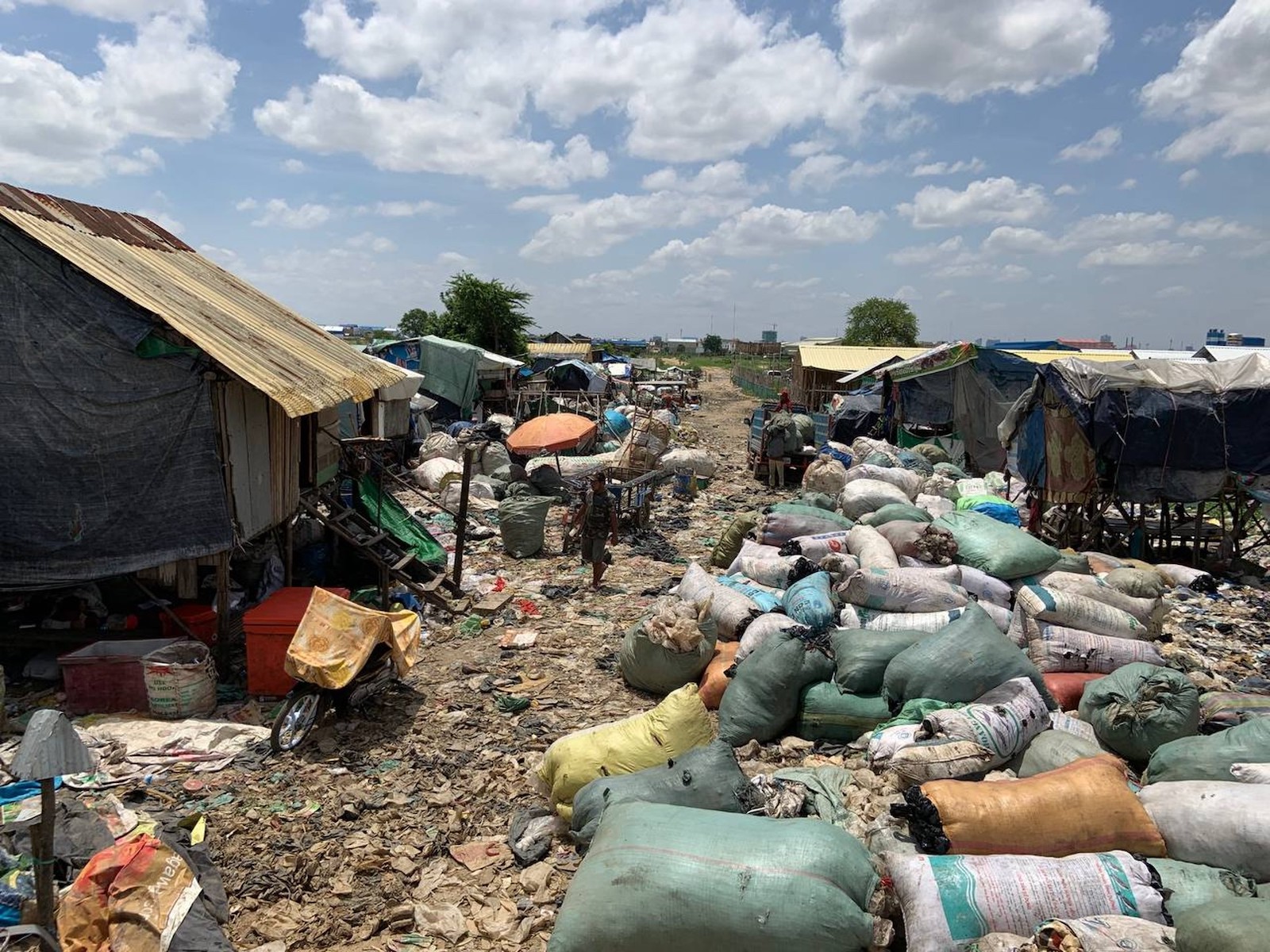

“I really wished for a family who could take care of me, even just a little. But that never happened.”
Thrown Out And Alone
After the assault, when her pregnancy was discovered, she was cast out of the orphanage with only a few clothes. With nowhere to go, she begged to be allowed back in, but the door remained shut.
“I didn’t know where to go. I was scared and alone.”
A neighbour who had noticed her disappearance later found her and referred her to Hagar.
At first, Anchaly was withdrawn and fearful, but the team at Hagar staff showed her consistent care and patience. Slowly, she began to heal.
“For the first time in my life, I felt safe.”
A New Beginning
Hagar supported Anchaly and her daughter, Serey (not her real name), through counselling, education, and livelihood training. Anchaly attended cooking classes, found employment, and rebuilt her confidence.
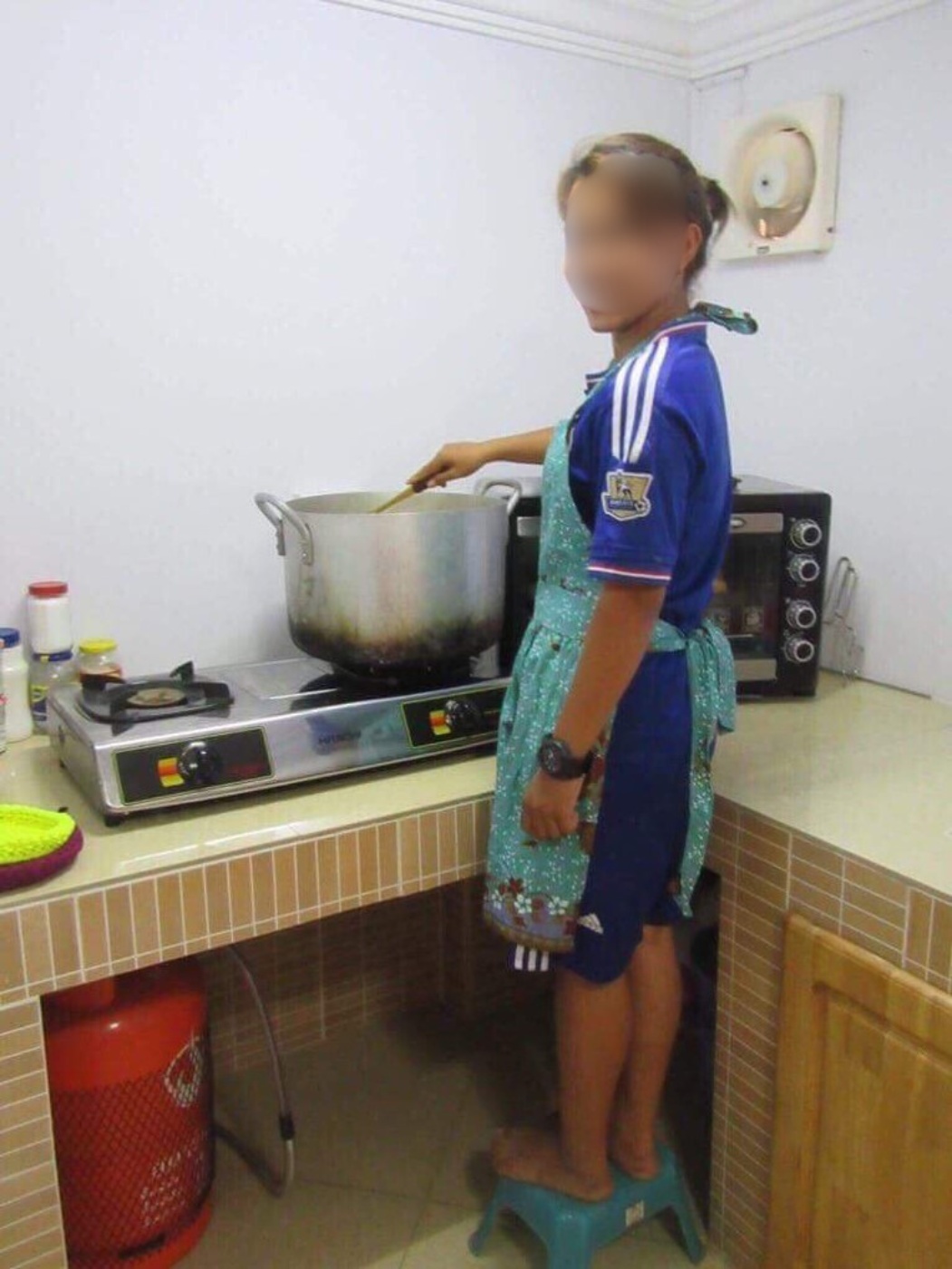
In 2018, with the help of donors and medical partners, Hagar arranged for Serey’s treatment in Singapore. There, she was finally diagnosed with spina bifida — a congenital malformation of the spine and nerves. The surgery was successful, and today Serey can walk and run like other children, and is finally able to pass urine on her own.
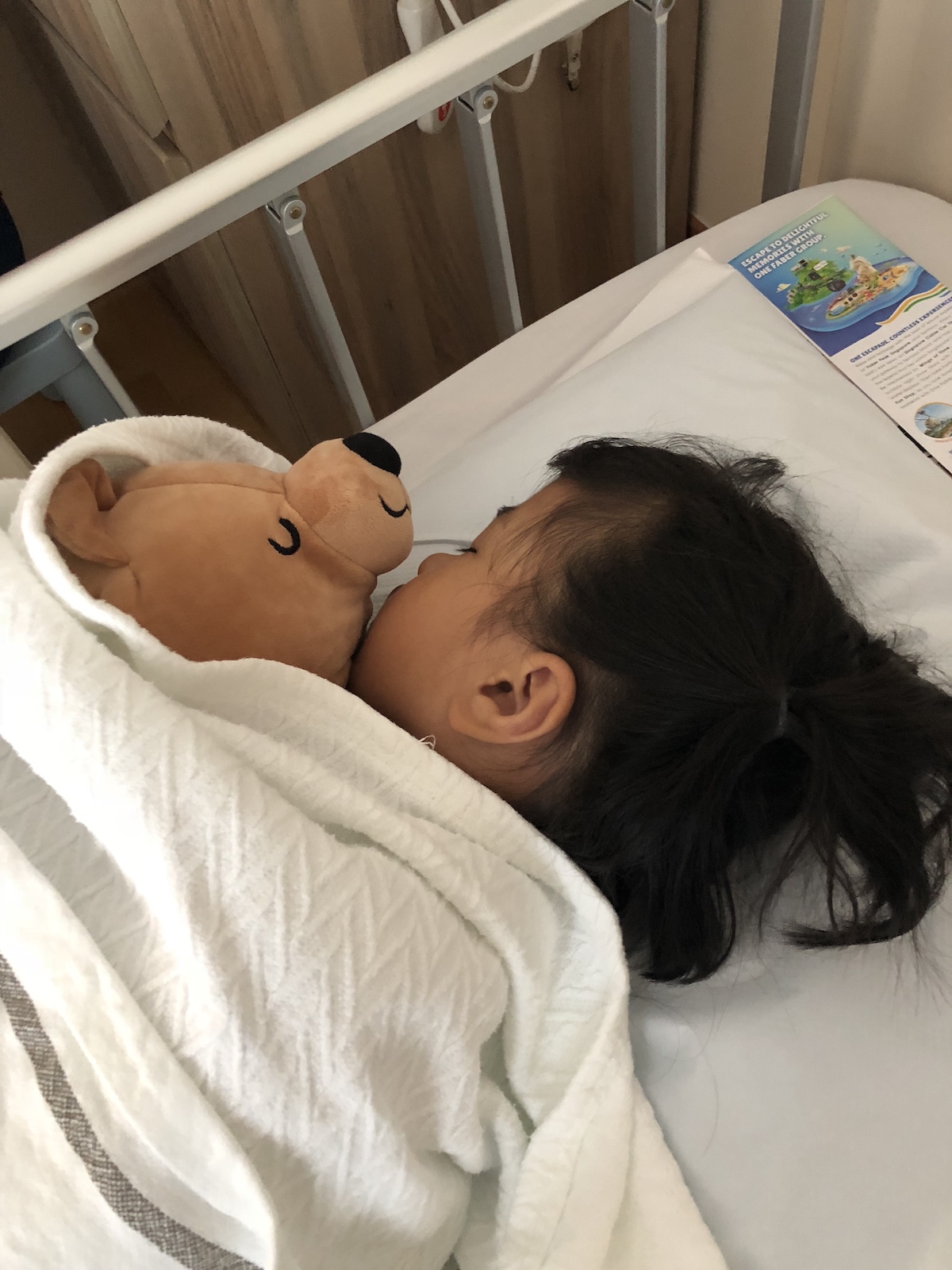
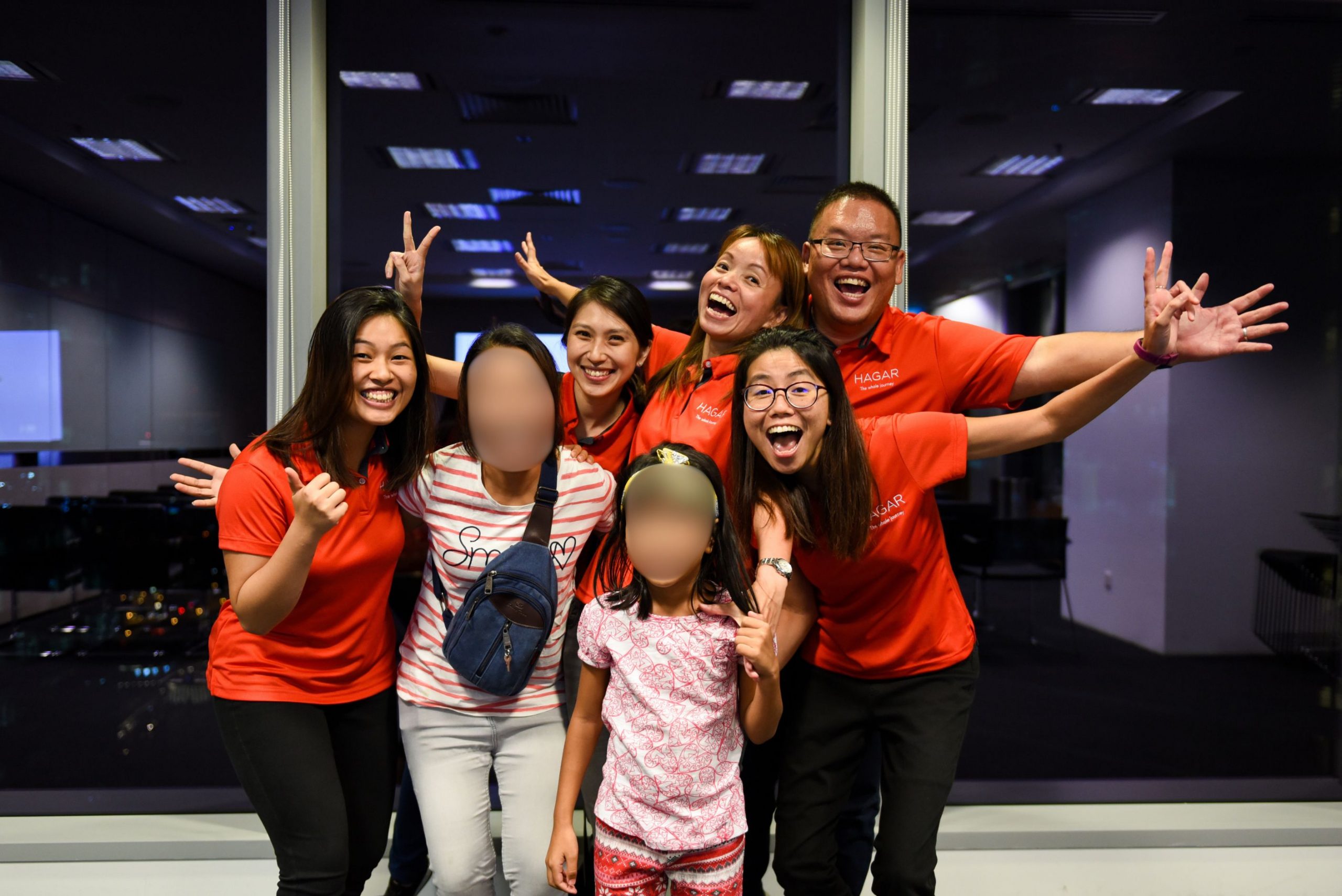
A Life Transformed
Today, Anchaly is a staff member at Hagar Cambodia, and a survivor leader in her community, dedicating her life to helping other women and children rebuild their lives from slavery, trafficking and abuse.
“I know what it feels to be abandoned and forgotten. That’s why I want to bring hope to others who’ve lost the will to carry on.”
From abandonment and trauma to strength and compassion, Anchaly’s journey is one of extraordinary resilience – and a reminder that with the right care, empowerment and community, even the deepest wounds can heal.
